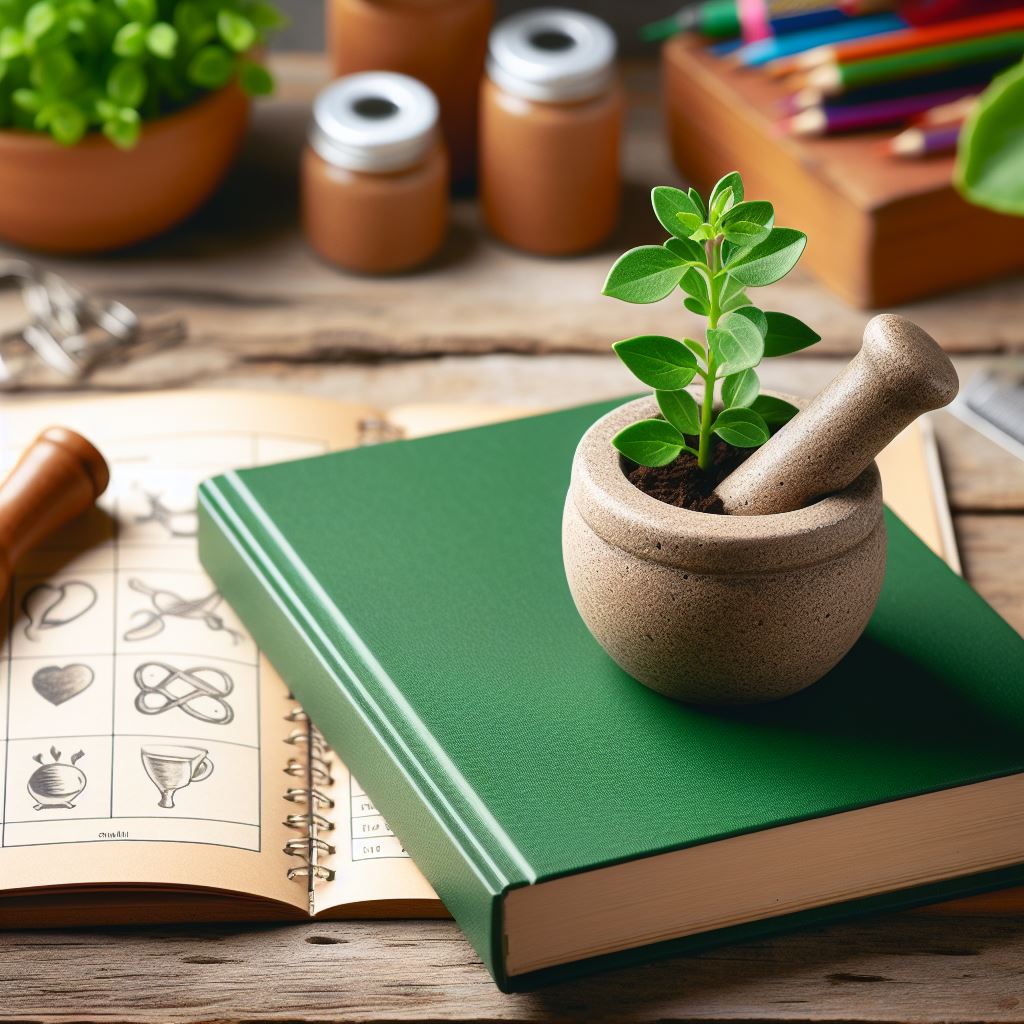- Building values on biocultural diversity in Primary Education in Córdoba
Main Article Content
Abstract
This essay focuses on the importance of incorporating ethnobiology in school education as a pedagogical tool to build values around biocultural diversity in Primary Education in Córdoba. The need to recognize and understand traditional knowledge of medicinal plants is highlighted as an integral part of this approach. Additionally, the possibility of implementing agroecological projects in the urban community of Córdoba is raised as a strategy to strengthen the connection between students and their natural and cultural environment. Each of these options is analyzed in depth to understand their implications and potential benefits in promoting values related to biocultural diversity in primary education.
Article Details

This work is licensed under a Creative Commons Attribution-NonCommercial-ShareAlike 4.0 International License.
Aquellos autores/as que tengan publicaciones con esta revista, aceptan los términos siguientes:- Los autores/as conservarán sus derechos de autor y garantizarán a la revista el derecho de primera publicación de su obra, el cuál estará simultáneamente sujeto a la Licencia de reconocimiento de Creative Commons que no se permite un uso comercial de la obra original ni de las posibles obras derivadas, la distribución de las cuales se debe hacer con una licencia igual a la que regula la obra original.
- Los autores/as podrán adoptar otros acuerdos de licencia no exclusiva de distribución de la versión de la obra publicada (p. ej.: depositarla en un archivo telemático institucional o publicarla en un volumen monográfico) siempre que se indique la publicación inicial en esta revista.
- Se recomienda a los autores/as difundir su obra a través de Internet (p. ej.: en archivos telemáticos institucionales o en su página web) después del proceso de publicación, lo cual puede producir intercambios interesantes y aumentar las citas de la obra publicada. (Véase El efecto del acceso abierto).
How to Cite
References
Altieri, M.A. (2009). Agroecología, pequeñas fincas y soberanía alimentaria. Ecología política, (38), 25-35.
Arredondo Velázquez, M., Saldivar Moreno, A. y Limón Aguirre, F. (2018). Estrategias educativas para abordar lo ambiental. Experiencias en escuelas de educación básica en Chiapas. Innovación educativa (México, DF), 18(76), 13-37. Recuperado de: https://www.scielo.org.mx/scielo.php?script=sci_arttext&pid=s1665-26732018000100013
Baptista, G.C.S. y El-Hani, C.N. (2009). The contribution of ethnobiology to the construction of a dialogue between ways of knowing: a case study in a Brazilian public high school. Science & Education, 18, 503-520. https://doi.org/10.1007/s11191-008-9173-3
Furlan, V., Torres, C. y Galetto, L. (2011). Conocimiento y utilización de plantas medicinales por pobladores rurales del bosque chaqueño serrano de Córdoba (Argentina). Bonplandia, 285-307.
Herndon, C.N. y Butler, R.A. (2010). Significance of biodiversity to health. Biotropica, 42(5), 558-560. https://doi.org/10.1111/j.1744-7429.2010.00672.x
Levy, J. (2008). Una hojita verde llamada coca. Le Monde Diplomatique, El Dipló, 20-22. Recuperado de : https://mondiplo.com/una-pequena-hoja-verde-llamada-coca
Ministerio de Educación de la Provincia de Córdoba. Diseño Pedagógico Curricular. Secretaría de Igualdad y Calidad Educativa. Recuperado de https://www.igualdadycalidadcba.gov.ar/SIPEC-CBA/publicaciones/DPCurriculares-v2.php
Mojica-Macías, Y.P., Ortíz-Moreno, M.L. y Gnecco-Lizcano, A. M. (2019). Estrategia de gestión ambiental basada en los servicios ecosistémicos del caño siete vueltas (Villavicencio, Colombia). Revista Luna Azul, (49), 38-63. https://doi.org/10.17151/luaz.2019.49.3
Reyes-García, V., Broesch, J., Calvet-Mir, L., Fuentes-Peláez, N., McDade, T. W., Parsa, S., Tanner, S., Huanca, T., Leonard, W.R., Martínez-Rodríguez, M.R. y TAPS Bolivian Study Team. (2009). Cultural transmission of ethnobotanical knowledge and skills: an empirical analysis from an Amerindian society. Evolution and Human Behavior, 30(4), 274-285. https://doi.org/10.1016/j.evolhumbehav.2009.02.001
Rozzi, R. (2016). Bioética global y ética biocultural. Cuadernos de bioética, 27(3), 339-355.

